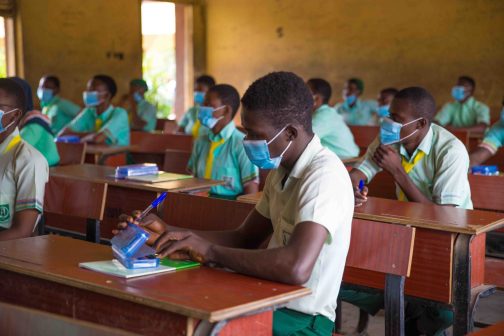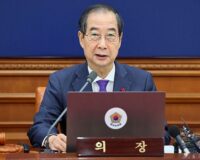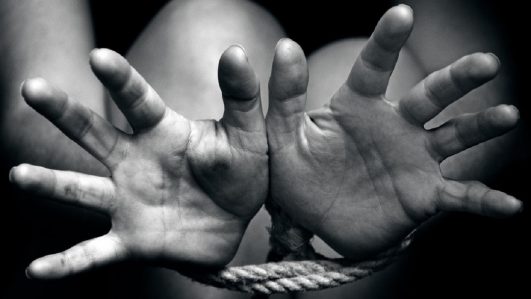Three-quarter of pupils in Nigerian primary schools lack adequate literacy and numeracy, according to a UNICEF assessment report.
The global agency’s Chief of Education in Nigeria, Saadhna Panday-Soobrayan, disclosed this on Wednesday, August 2, at the Foundational Literacy and Numeracy seminar in Maiduguri.
“Nigeria has a severe learning crisis with three out of four children being unable to read or to solve a simple math problem,” she said at the opening of the seminar, which drew participants from stakeholders in the Education Sector from Borno, Yobe, and Adamawa states.
“This not only hobbles children’s opportunity to learn higher order skills but is also fuelling the out-of-school problem through high levels of dropout,” Panday Soobrayan observed.
The UNICEF official advised: “So, if we want to solve the out-of-school problem, we must solve the quality problem in learning.”
She noted: “Nigeria is in the unenviable position of knowing what to do to improve learning and how to do it. The time is now to begin scaling it across all LGAs.”
The one-day seminar drew representation from the Federal Ministry of Education, UBEC, SUBEBs, and other government agencies, representation from development partners, academia, civil society, the youth sector, the private sector, and members of the media.







